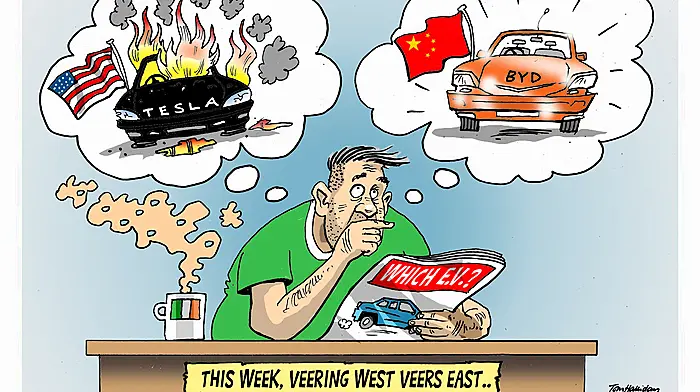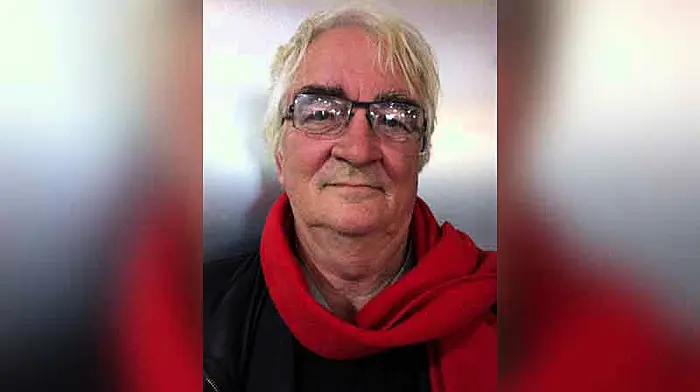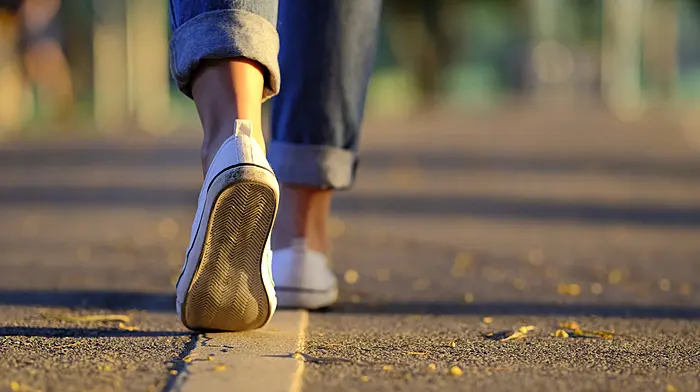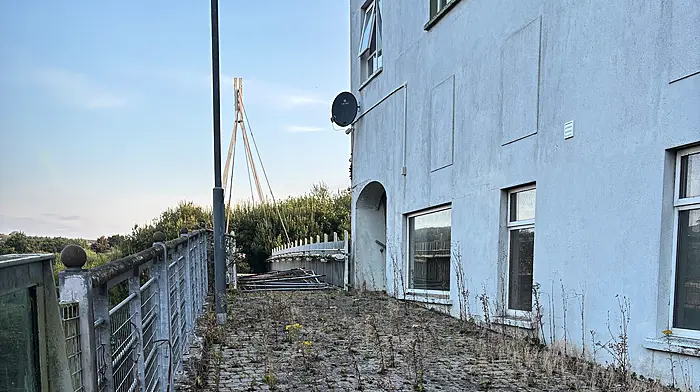Whoever at the BBC made the decision not to livestream Kneecap’s Glastonbury performance has put the broadcaster in a very tenuous position for future events.
They’ve made themselves an arbiter of what might be ‘controversial’, and they’ve decided what is ‘controversial’ before it’s even happened, and moreso they’ve left the doors wide open for any other artist who hasn’t been targeted in the same way, to make full use of the livestream afforded to them.
Philosophically, it’s interesting too. Presumably the decision not to livestream Kneecap was made on the assumption that the band would probably say or do something bold.
However, the broadcaster’s decision to livestream other artists, without knowing at all what they might or might say, is a bit of a gamble. It’s always a gamble, in fact; you can’t know what anyone is going to say on a live mic.
To be honest, it’s amazing there aren’t more ‘controversial’ statements screamed to such a captive audience. Rock n’ roll must be dead. (Although, this writer was once at a Liam Gallagher concert where the brother abused the sound engineer so much that the engineer simply turned off the artist’s mic. Don’t mess with the wrong guy.)
It was extremely naïve of the BBC to think that any other artist wouldn’t capitalise on the highly-charged nature of Glastonbury 2025, and particularly, not to examine the artists who were to take to the stage immediately before Kneecap, Bob Vylan.
Vylan’s audience were there to see Kneecap; their frontman knew what the audience stood for, and he knew the BBC couldn’t or wouldn’t or hadn’t yet quietened him. What’s a hiphop artist to do, but make full use of the guaranteed headlines. That he did, and a band that had 273,000 listeners, today has about 50,000 more.
The BBC have to think now about what they’re going to do in future years. Either they let the show run and take their chances, or they end the livestream of any concert.
To be honest, in an age where everyone is a cameraman in any case, the move to refuse to show an artist live is a bit redundant. The decision not to show Kneecap was to protect their own ‘editorial guidelines’, and that’s a call media organisations make all the time.
It could be a relatively little thing, like how to spell Kealkill (Kealkil), or it could be a big thing, like when or if we say climate change is a theory or a fact.
That’s the problem with any decision made by a media organisation, or any public body. Decisions become precedents, that then become the rule. Netflix (temporarily) removed the Fawlty Towers episode, ‘The Germans’, for what they called racial slurs, but never removed any films by Woody Allen, a man who dated and married his stepdaughter.
One might find one of those things more unconscionable than the other, but Netflix has ‘decided’ which is the worse sin for us. It’s like having a priest to tell you what’s right and wrong, that you pay €10 a month for.
This is why the idea of book bans are so dangerous, and why calls to ‘ban this artist/song/film’ are so naïve and idealistic. And who decides the rules anyway? Sabrina Carpenter was to be on all fours in an unmistakably suggestive pose on her new album; no parent in their right mind wants anyone under the age of 25 even considering what she’s suggesting. But, what’s ‘wrong’ with it? She’s wearing clothes; she’s even wearing shoes. Who can arbitrate that? It’s Britney Spears in the school uniform again.
In this case, Ms Carpenter has decided to change the album cover owing to ‘public backlash’ (after plenty of free publicity).
The original Sabrina Carpenter is still widely available, and this column is going to drive more traffic towards it, inevitably. The BBC are not the only ones to create the ever-present Barbara Streisand effect. We are in an uncensorable age, where the idea of a piece of art supercedes and even dominates the reality of it, and gives the unspoken and unseen more attention than the reality could ever hope to live up to.








